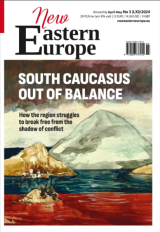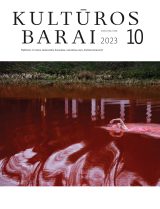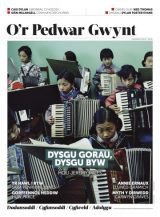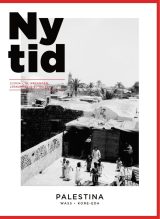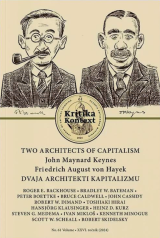Samuel Abrahám
Rector of the Bratislava International School of Liberal Arts (BISLA), executive director of the European Consortium of Liberal Arts and Sciences (ECOLAS), and publisher and editor-in-chief of the journal Kritika & Kontext. Member of the Eurozine Advisory Board.
Articles
The Bush-Putin summit in Bratislava could make one think that Slovakia is a country without spirit and influence. But Samuel Abrahám turns the attention to another meeting at the eve of the summit. There Slovakia is a shining example. Not because of the Velvet Revolution of 1989 or the peaceful break-up of Czechoslovakia of 1993, and not because it hosted Bush and Putin. It is because of 1998, when Slovakia voted out its own autocrat.
The architecture of the European city
Interview with Bogdan Bogdanovic
How will the great European cities – London, Paris and Vienna develop in the future, both in a political and in an architectural sense? The Serbian architect Bogdanovic argues that Europe must preserve the civilization of its cities, whilst preventing them from turning into megapolitan cities.
A round-table discussion which debates the interplay between media, government and civil society. How big is the media’s influence on the perception of politics and politicians? Does Slovakia possess a functioning civil society that keeps the balance of power in check? And finally, what are the lessons to be learned from other post-communist countries?
The End of Illiberal Democracy in Slovakia?
An Analysis of the 1998 Election
As Slovakia is about to go to the polls in September, Samuel Abraham looks back at the pivotal elections of 1998. These elections, Abraham argues, signalled an end to the era of the “illiberal democracy” under Prime Minister Vladimir Meciar. But what has the current government learned from these elections and how well has it fulfilled its mandate?
Without illusion, but with conviction
The pragmatism of Richard Rorty
“The goal of establishing a world federation, a ‘Parliament of Mankind’, seemed much more realistic fifty years ago than it does now. Then it was thought that the United Nations might evolve into something like a world government. Now nobody has this dream, even though the need for such a government has grown much more urgent”, says Richard Rorty in this 1999 interview.
